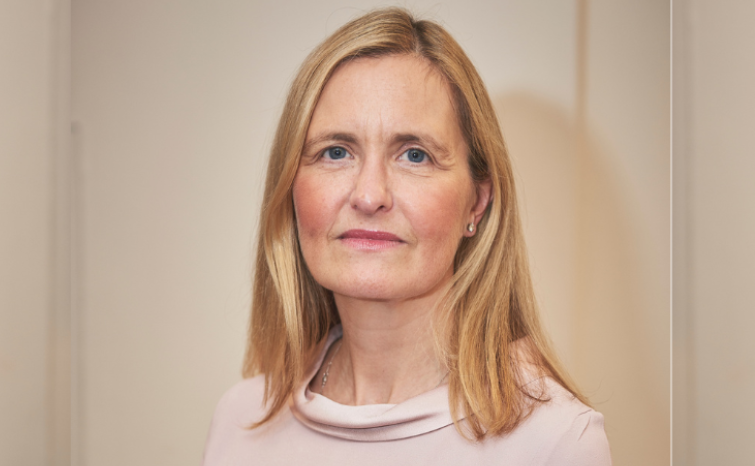MPs given estimate of PCT job losses
- 2 December 2010

Between 30 and 40% of the staff who are currently employed in primary care trusts could find a role supporting commissioning in the new NHS, MPs heard this week.
Kingsley Manning, executive chairman health of the Tribal Group, told the House of Commons Health Committee that around 37,000 people are currently employed by PCTs – although a significant number of them are involved in non-commissioning work such as public health.
He continued: “We think the number of people that will need to be employed between GP consortia and the NHS Commissioning Board is probably between 10,000 and 15,000.”
Manning said he hoped those people would come from existing PCT staff to avoid additional redundancies, which he estimated would cost the NHS between £50,000 and £100,000 per person.
Manning also told the Health Committee that independent suppliers were not going to get rich from offering support services.
“A great deal has been written and spoken about support services for GP consortia, but much of it is misguided,” he said.
“It will be extremely difficult for any commercial organisation to deliver support services to GP consortia. It would require very substantial scale and investment.”
Manning told MPs that Tribal’s work with commissioners had so far focused on offering high quality, innovative informatics services to help with analysis, support and decision making, and he expected that to continue in future.
Both Tribal and consultancy firm KPMG, which also gave evidence to the committee’s enquiry into commissioning, denied there were large profits to be made by the independent sector from the changes set out in the white paper, ‘Equity and excellence: Liberating the NHS’.
Alan Downey, head of KPMG’s public sector service, said KPMG would focus on offering commercial and financial management advice to consortia but would not try to take over the jobs of people in the NHS.
He added: “We think any public sector organisation should be run by strong, competent, self-confident business people, who can run those organisations and will turn externally for advice only when they need it.”
Manning estimated that GP consortia would have between £250m and £300m to spend on support services, if the management allowance is set between £5 and £6 per patient as predicted.
He told the inquiry that he felt a management allowance of more like £10 per patient might be appropriate, although he warned that there were no concrete figures on which to base an allowance.
Both he and Downey warned that too high an allowance could lead to inappropriate spending. Downey said: Although a great deal of good work was done by PCTs, a huge amount of money was also wasted.”
Manning told the Health Committee that he felt the government’s proposed "information revolution" was “a really interesting backbone” to the reforms.
He said he hoped it would deliver much better informed patients who, for the first time, would be partners in the management of their own healthcare in wellness as well as illness.
Nigel Edwards, acting chief executive of the NHS Confederation, also gave evidence to the Health Committee.
He told MPs that he felt it was important not to slow down the pace of change as staff needed certainty about their jobs and the momentum towards change had begun.
An exclusive survey conducted by EHI Primary Care this autumn revealed that many staff working in strategic health authorities and PCTs were worried about their jobs and that vital skills would be lost in the coming reorganisation. Few felt the reforms outlined in the white paper would be worth it.





